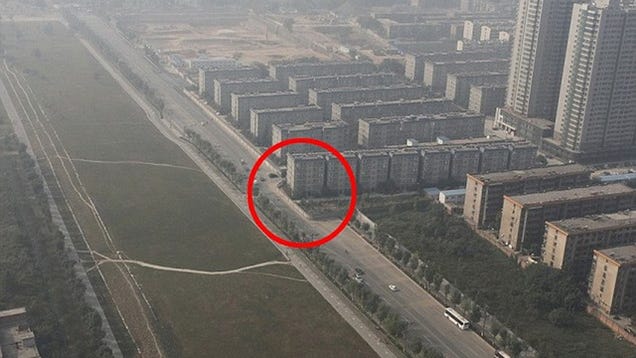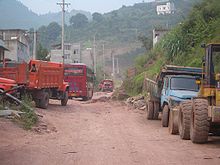Willers
Full time employment: Posting here.
- Joined
- May 13, 2013
- Messages
- 727
Very interesting discussion. I spent a bit of time in China in the past year on business and made some observations. Papadad, feel free to correct any that you think I got wrong:
I was incredibly impressed by the work ethic and entrepreneurial spirit among the business owners and managers I met. It was energizing. Free enterprise? Yes, for those with the right connections and with gov't approval. Not really for those without. Communism? Maybe, but not equality. The owners I deal with are driving BMW's and Porsche's, their workers are driving bikes.
Business ethics? Relationships are really important and, on the surface, so is trust. There is a very different standard though. Cheapen a product a bit and slip it by? That can be OK. When we catch it they don't see it as a negative; rather they are impressed by our QA.
In general, it appeared that workers are being treated better than in the past, with higher pay and better working/living conditions. Yes, there are still some medieval working conditions in some areas, but that is no longer the rule.
The rail system is awesome. I grew upon the east coast where the systems are pretty good, but they don't compare to the Chinese system. Air travel can be spotty, but overall it isn't any worse than here. I agree that roads and bridges are pretty good. The strange thing for an American to understand is the sense of the size of individual cities. I had someone "run me across town" to see a factory. 90 minutes later we were there (with no traffic).
Some of the stories we hear are true; the pollution in many cities is still horrendous and the water marginally drinkable for a foreigner.
Overall, I love their business spirit. I also don't think their businesses can be judged by American standards. They are just to different and our normal rules often don't apply. I'm guessing more than a few of the well connected feast on insider trading info.
I was incredibly impressed by the work ethic and entrepreneurial spirit among the business owners and managers I met. It was energizing. Free enterprise? Yes, for those with the right connections and with gov't approval. Not really for those without. Communism? Maybe, but not equality. The owners I deal with are driving BMW's and Porsche's, their workers are driving bikes.
Business ethics? Relationships are really important and, on the surface, so is trust. There is a very different standard though. Cheapen a product a bit and slip it by? That can be OK. When we catch it they don't see it as a negative; rather they are impressed by our QA.
In general, it appeared that workers are being treated better than in the past, with higher pay and better working/living conditions. Yes, there are still some medieval working conditions in some areas, but that is no longer the rule.
The rail system is awesome. I grew upon the east coast where the systems are pretty good, but they don't compare to the Chinese system. Air travel can be spotty, but overall it isn't any worse than here. I agree that roads and bridges are pretty good. The strange thing for an American to understand is the sense of the size of individual cities. I had someone "run me across town" to see a factory. 90 minutes later we were there (with no traffic).
Some of the stories we hear are true; the pollution in many cities is still horrendous and the water marginally drinkable for a foreigner.
Overall, I love their business spirit. I also don't think their businesses can be judged by American standards. They are just to different and our normal rules often don't apply. I'm guessing more than a few of the well connected feast on insider trading info.


